Description
Still Life With Leg Of Veal, Insects And Titmouse by Georg Flegel printed on a Hoodie
About the Hoodie
Modern fit
It provides a more tailored look than a regular fit
Comfortable
The fabric and fit of this item are extra comfy
Tear-away tag
Easily removable tear-away tag that allows you to add a custom inside label
Premium quality
The product is made from premium, high-quality materials
Classic unisex hoodie with a front pouch pocket and matching flat drawstrings. The 100% cotton exterior makes this hoodie soft to the touch.
- 65% ring-spun cotton, 35% polyester
- Charcoal Heather is 60% ring-spun cotton, 40% polyester
- Carbon Grey is 55% ring-spun cotton, 45% polyester
- 100% cotton face
- Fabric weight: 8.5 oz./yd.² (288.2 g/m²)
- Front pouch pocket
- Self-fabric patch on the back
- Matching flat drawstrings
- 3-panel hood
- Tear-away tag
Georg Flegel (1566-1638)
Georg Flegel was a German painter, best known for his still life works.
Flegel was born in Olmütz (Olomouc), Moravia. Around 1580 he moved to Vienna, where he became an assistant to Lucas van Valckenborch I, a painter and draughtsman. Flegel and his employer later moved to Frankfurt, which at the time was an important art-dealing city. As an assistant, he inserted items such as fruit, flowers, and table utensils into Valckenborch’s works.
He is probably the same person Kramm found in Utrecht as ‘juriaen vlegel, Constschilder.’ in the “Protokol” of the notary (or real estate agent) Verduyn, noted as “Acte van 21 Maart, 1616”. If so, then he probably moved there because of the new Utrecht Guild of St. Luke and probably knew other still life painters active there in that period, such as Roelandt Savery (who had made a trip to Tyrol) and Balthasar van der Ast.
According to the RKD he was pupil of Lucas van Valckenborch in Linz during the years 1582-1592. In a period of about 30 years (c. 1600–1630), he produced 110 watercolor and oil pictures, mostly still life images which often depicted tables set for meals and covered with food, flowers and the occasional animal. Among his students were his own two sons, Friedrich (1596/1597–1616) and Jacob (probably Leonhard, 1602–1623), as well as the flower artist Jacob Marrel.

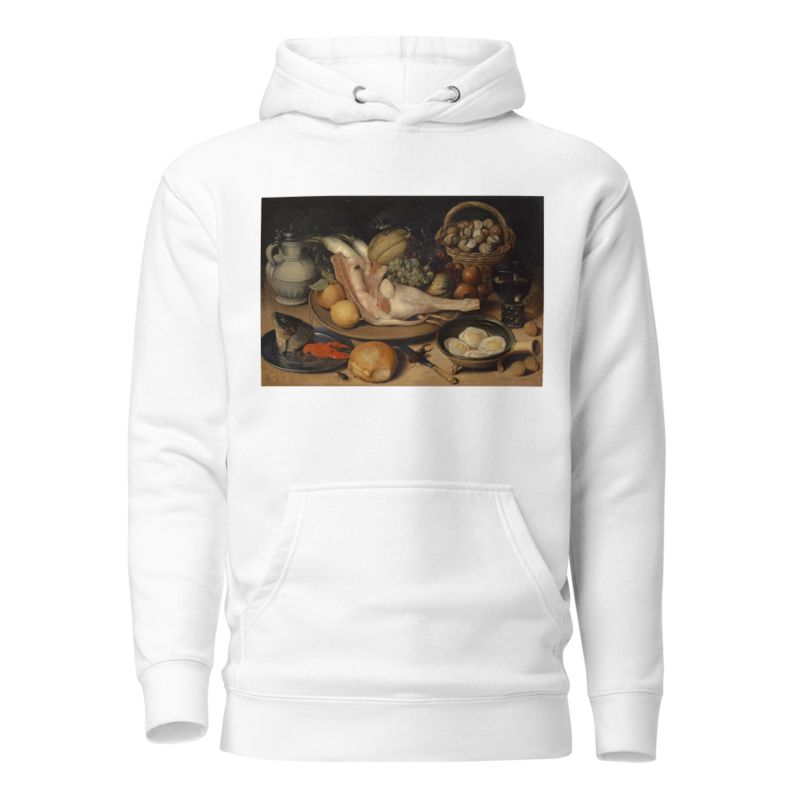
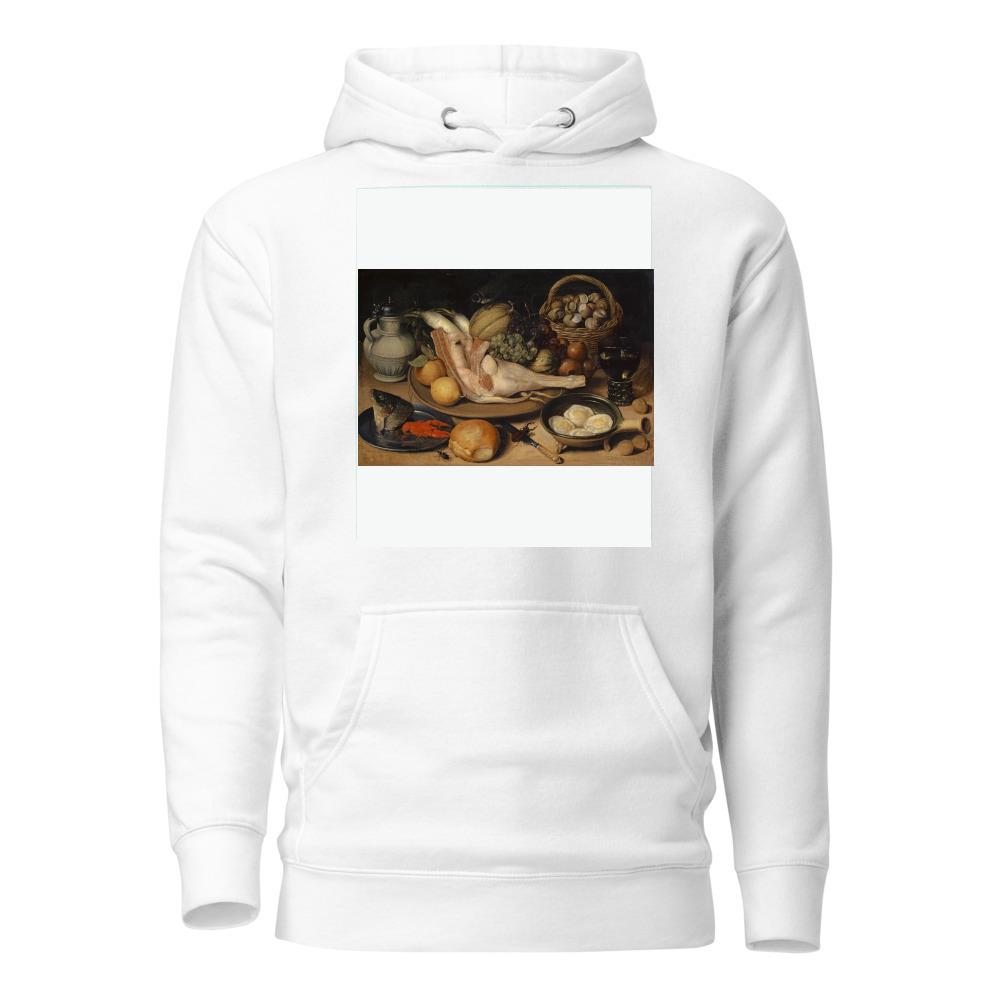
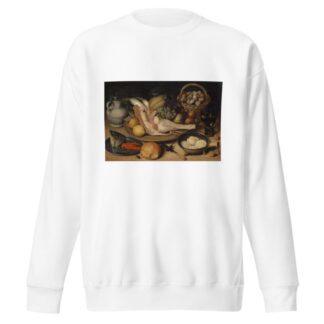
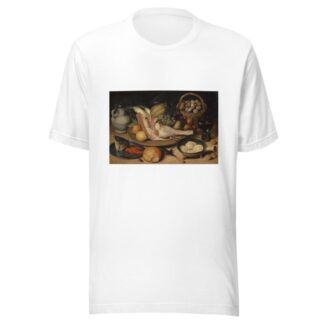
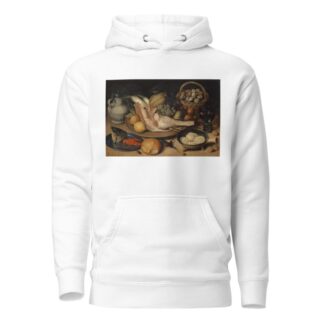
Reviews
There are no reviews yet.